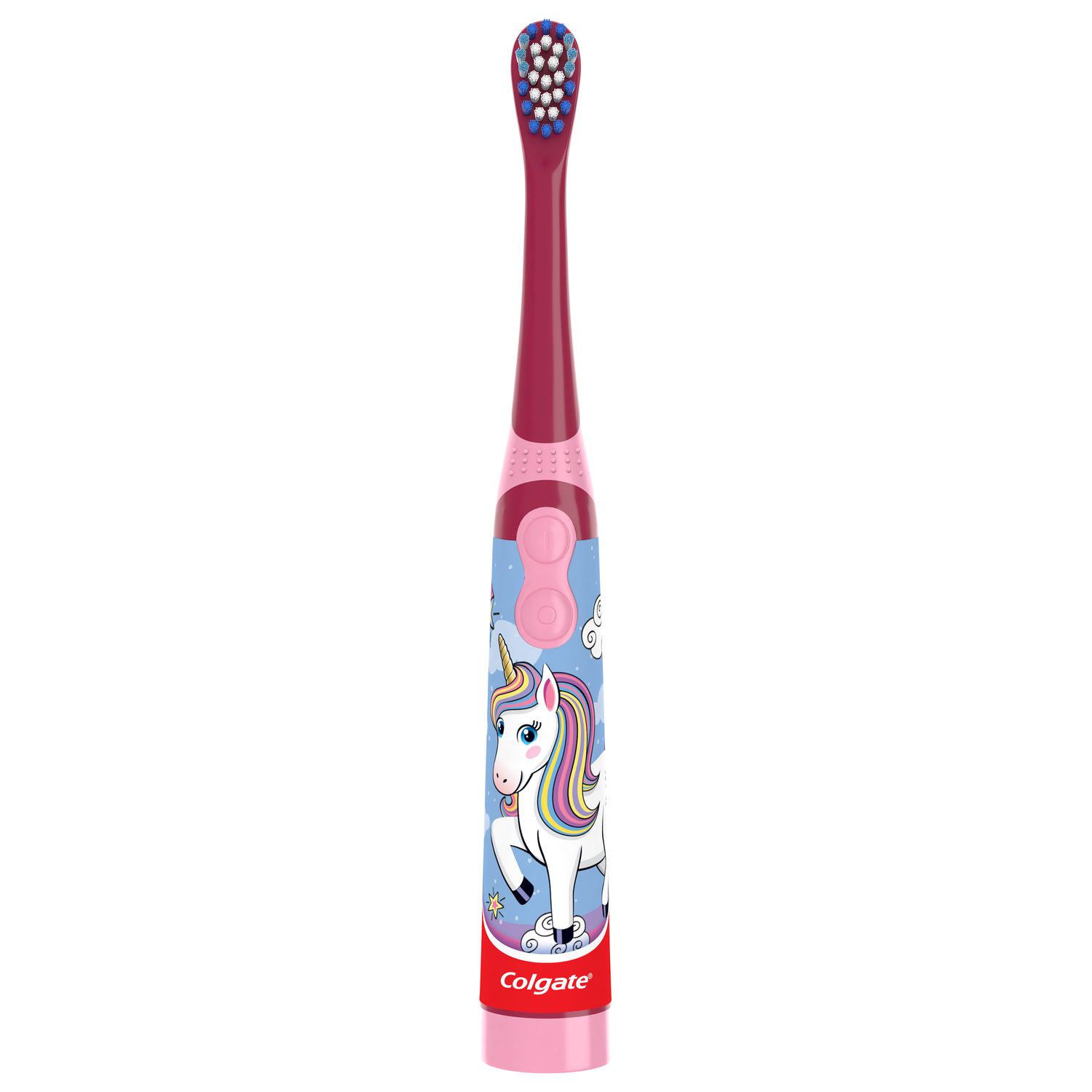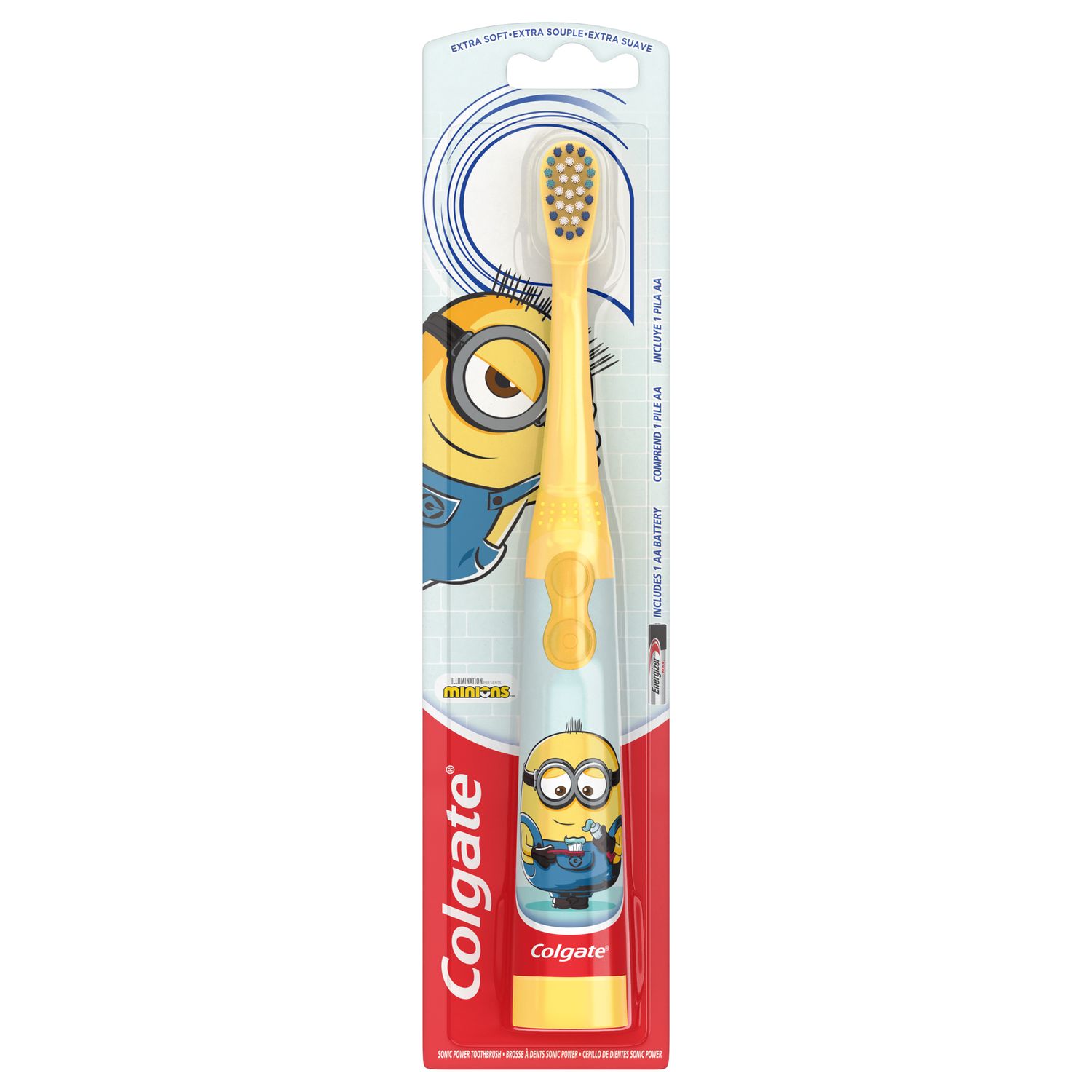1) Don't Let Them Get Overtired
Kiddos always get fussier when they're tired, and a lack of sleep can actually reduce their tolerance for pain. So it's even more important during teething to keep them well-rested. Make sure your child gets their naps in during the day and goes to bed on time, avoiding any stimulating activities before bed.
2) Stay Consistent With Sleep Patterns
Consistency and routine will help to minimize stress for your baby. Make sure to wake up at the same time each morning, keep to the same nap times and daily schedule, and put them to bed at the same time every night. Even if it takes a while to actually get them to sleep, the familiarity of their usual routine will still be helpful.
3) Comfort Them Before Bed
Teething discomfort can be more intense at night because children are exhausted and have fewer distractions. Provide as much soothing comfort as you can during bedtime, whether it's a feed, a big cuddle, or a nice warm bath.
4) Rub Their Feet
Giving your little one a gentle foot massage is a comforting touch that can be just what they need to relax back into sleep during teething discomfort. Stroke from the heel to the ball of the foot using your thumb, then gently squeeze each toe.
5) Be Prepared with Cold Teethers
Having something cold to chew on soothes pain and desensitizes nerves. Whether it's a wet washcloth or a favorite teething toy, make sure you have your supplies clean and ready so you don't have to go hunting for them in the middle of the night. Two things to keep in mind:
Frozen items are too cold for children's mouths, so use the fridge instead
Never leave your little one unattended at night with a washcloth or teether in their mouth.
6) Massage Their Gums
Applying a little pressure to your child's gums will help ease pain and soothe them back to sleep. Using your finger to massage the gums is convenient at night when you're both exhausted, and you'll be able to feel exactly where the teeth are coming in so you can focus on those areas. Wash your hands first with cold water for a cool temperature sensation in their mouth.
7) Try Natural Remedies
The answer to your baby’s teething woes might be right there in your kitchen! Natural remedies like chamomile tea have been used for centuries to provide relief to sore teeth and gums, and chamomile is also a popular natural sleep aid. Dip your finger in some cooled chamomile tea and rub it on your baby’s gums, or offer them sips from a spoon. You can also buy mesh teethers and fill them with stewed chamomile tea leaves, which will release soothing compounds from the chamomile when your baby chews on them.
8) Provide a Distraction
Distraction is a proven technique for minimizing pain, and teething pain is no different. Try putting your baby to bed with some calming music, a mesmerizing night light, or a soothing white noise machine to take their mind off the pain.
9) Adjust Feeding or Nursing Times
Nursing your baby can be very comforting for them, especially when they’re teething. If you don’t do so already, it might help to feed them right before bedtime to help them fall asleep. Try using one of the remedies above, such as a cool washcloth or some chamomile tea, to soothe their gums before you start feeding. That way, baby will be able to feed, relax and drift off without discomfort.
10) Ask Your Pediatrician About Pain Relief
If the pain is not letting up, there's nothing wrong with trying pain medicine to help alleviate your little one’s discomfort enough to get some rest. However, over-the-counter teething gels containing benzocaine are no longer recommended as they can have dangerous side effects in babies and toddlers. Be sure to chat with your pediatrician before starting any medication.
Question: Should I Stop Sleep Training During Teething?
Sleep disturbances like teething often pop up when families are trying to establish set bedtime routines. If possible, do everything you can to not let teething disrupt sleep training. There are always going to be issues, reasons or excuses that can throw you off course, so it's important to stick to your schedule and your routine. Of course it's okay to provide comfort when your child wakes during the night. Just resist the urge to take them into bed with you or drastically change their sleep habits. You'll get through it!
Oral Care Center articles are reviewed by an oral health medical professional. This information is for educational purposes only. This content is not intended to be a substitute for professional medical advice, diagnosis or treatment. Always seek the advice of your dentist, physician or other qualified healthcare provider.
ORAL HEALTH QUIZ
What's behind your smile?
Take our Oral Health assessment to get the most from your oral care routine
ORAL HEALTH QUIZ
What's behind your smile?
Take our Oral Health assessment to get the most from your oral care routine















